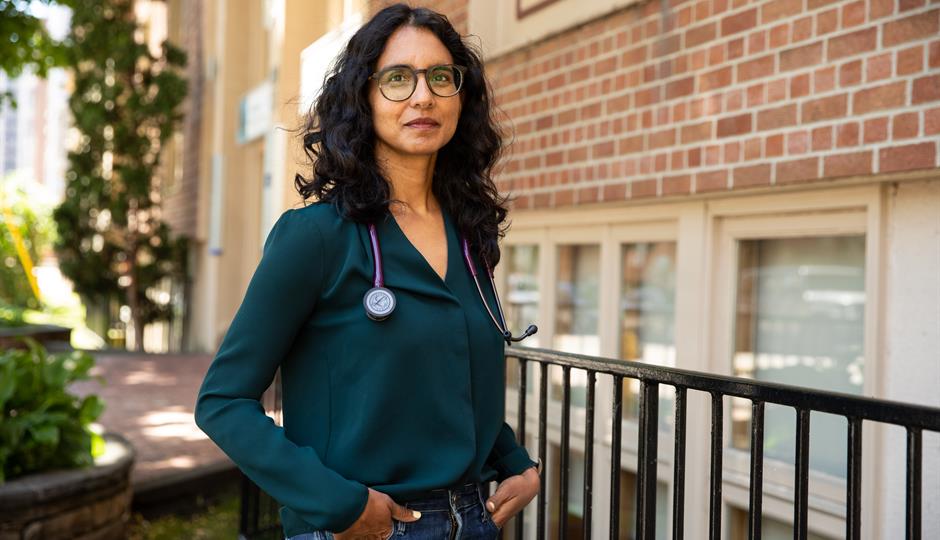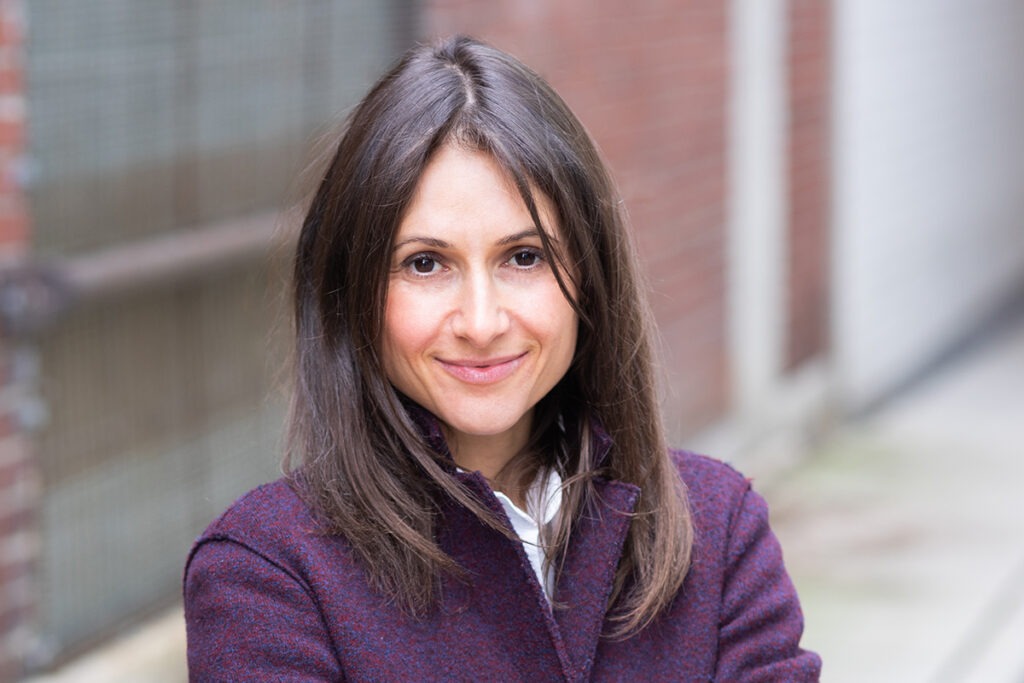From Unity Health Toronto – by Ana Gajic
Now that the kids are back at their desks, parents and teachers may be wondering: How far have they lagged behind after two years of pandemic interruptions?
Dr. Sloane Freeman, a scientist at the MAP Centre for Urban Health Solutions and a pediatrician at St. Michael’s, wants to find out. She received funding from the Canadian Institutes for Health Research (CIHR) to study whether Ontario high school students’ academic test scores changed over the course of the pandemic and how students experiencing marginalization were impacted.
We spoke with Dr. Freeman to understand the role education plays in health, and how the pandemic may have affected both.
Anecdotally, before you started this research project, what were you seeing in terms of children’s academic achievement during the COVID-19 pandemic?
Dr. Freeman: The pandemic has influenced all of society and every determinant of health. Education is one important one. Schools were closed. Kids didn’t have access to in-person education and virtual education was really hard for a lot of children.
We’ve already started to see the impact, especially in younger children, in terms of learning differences. I think those can be positively addressed in this school year. It is absolutely not a lost generation of children that isn’t going to succeed academically. We just need to be mindful of the impact the pandemic had on academics, on social, emotional, mental and physical health, and they’re all related.
As a pediatrician, what kind of issues have you been seeing over the last couple of years that you didn’t see as much of before COVID?
Dr. Freeman: I have noticed a spike in anxiety in younger children. It is more common to see anxiety in adolescents. Now I’m seeing a lot more mood impacts and certainly anxiety in younger kids, even as young as kindergarten. That impacts education as well – it’s harder to concentrate, focus, to feel good about learning, when you’re worrying about other things.
What gaps in knowledge are you hoping to fill by exploring the literacy scores, math scores and the academic achievement of children in Ontario through your research?
Dr. Freeman: We’re looking to see what happened to the academic achievement of Ontario’s youth since the pandemic, and whether there were differences in standardized test scores before and during the pandemic. Our study captures high school aged kids, because that’s when the standardized tests were done over the pandemic.
One of the main points that we’re trying to address is whether there are differences and whether they were influenced by socioeconomic factors, mainly income. Did the gap that traditionally exists between children from higher and lower income families get bigger during the pandemic? Did it narrow? Did it change at all? Those are the questions that we’re trying to address.


